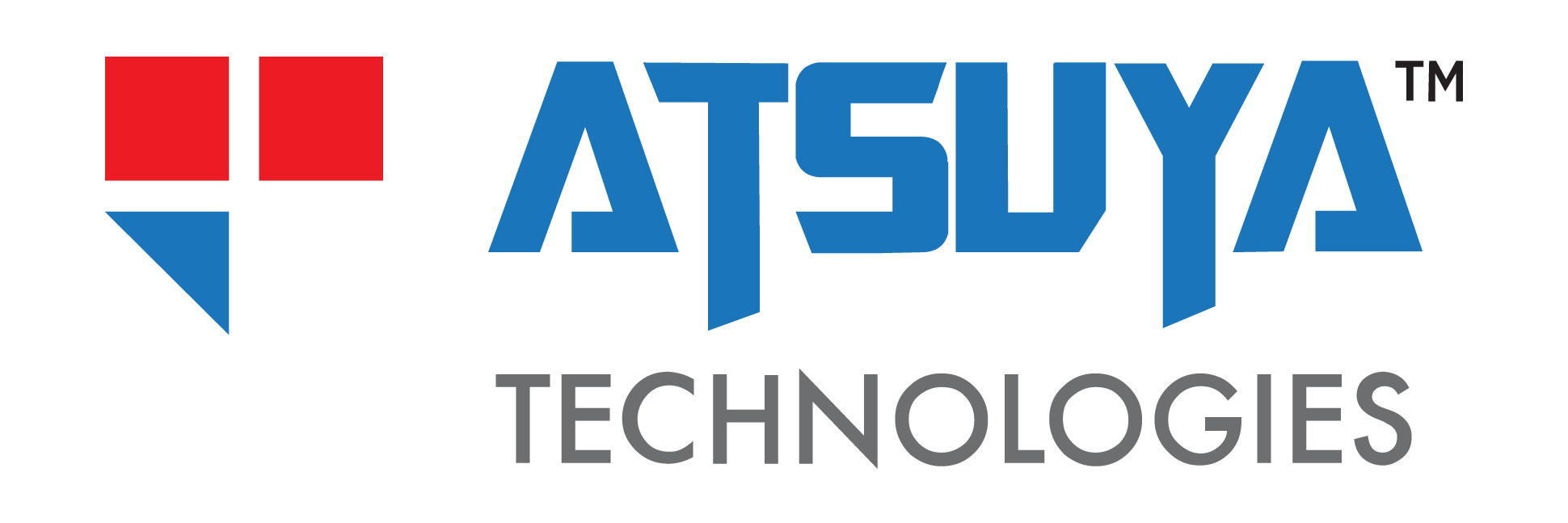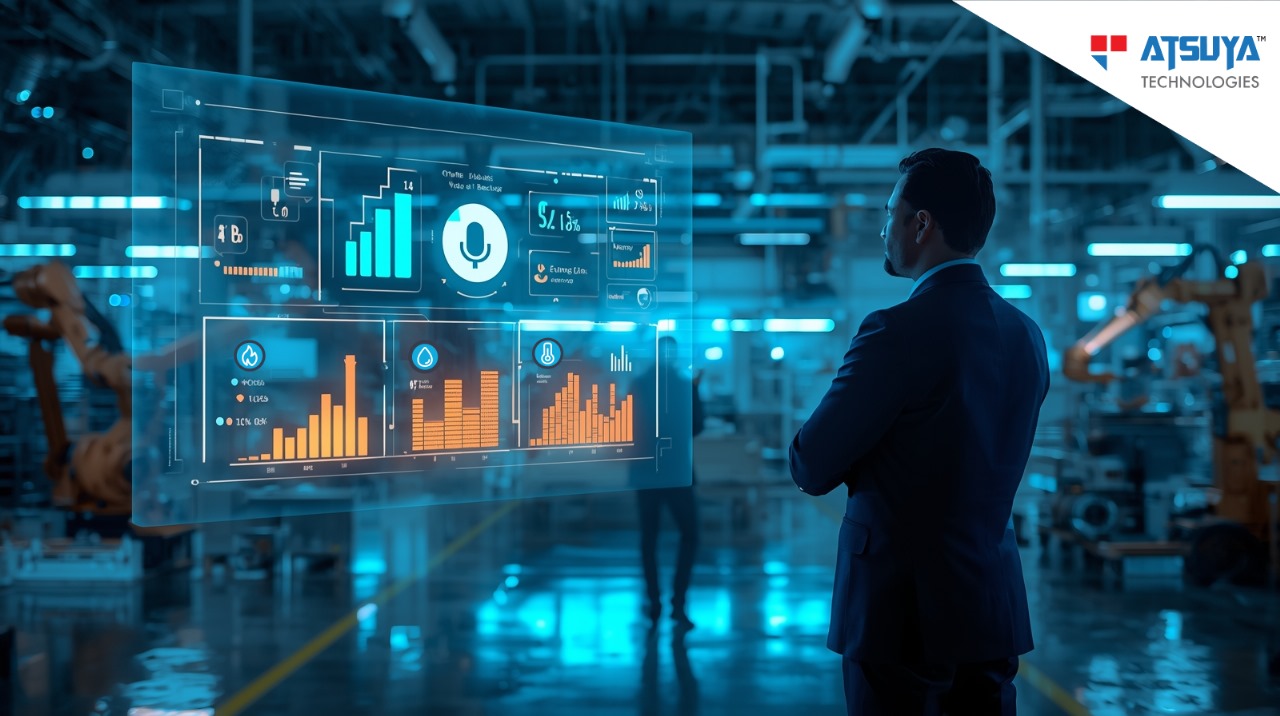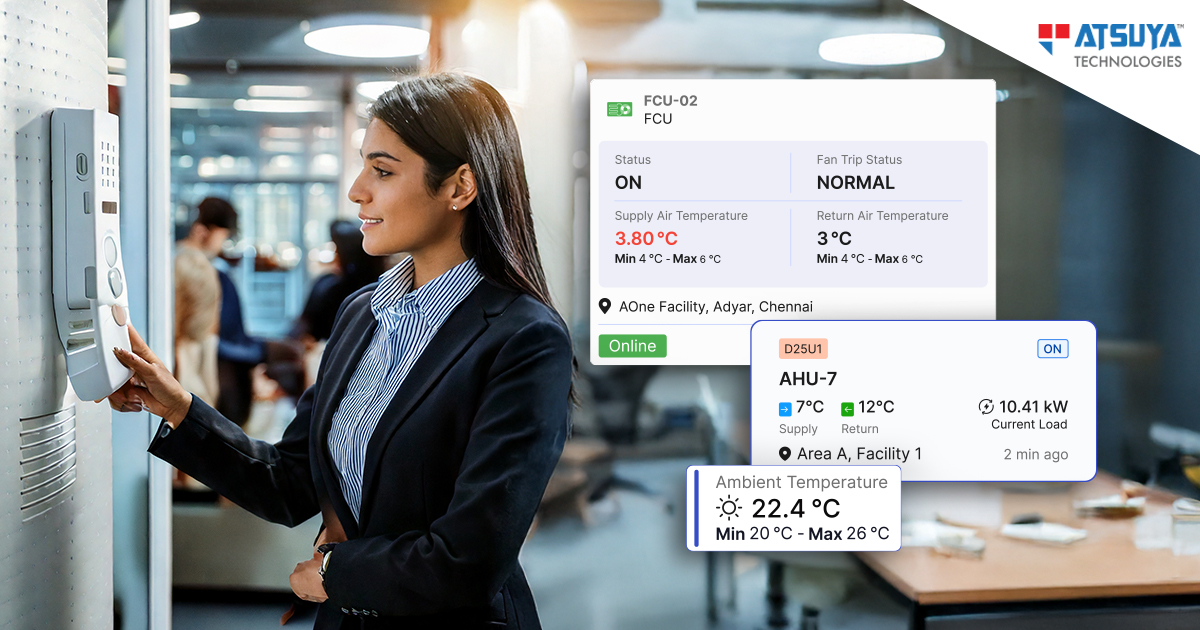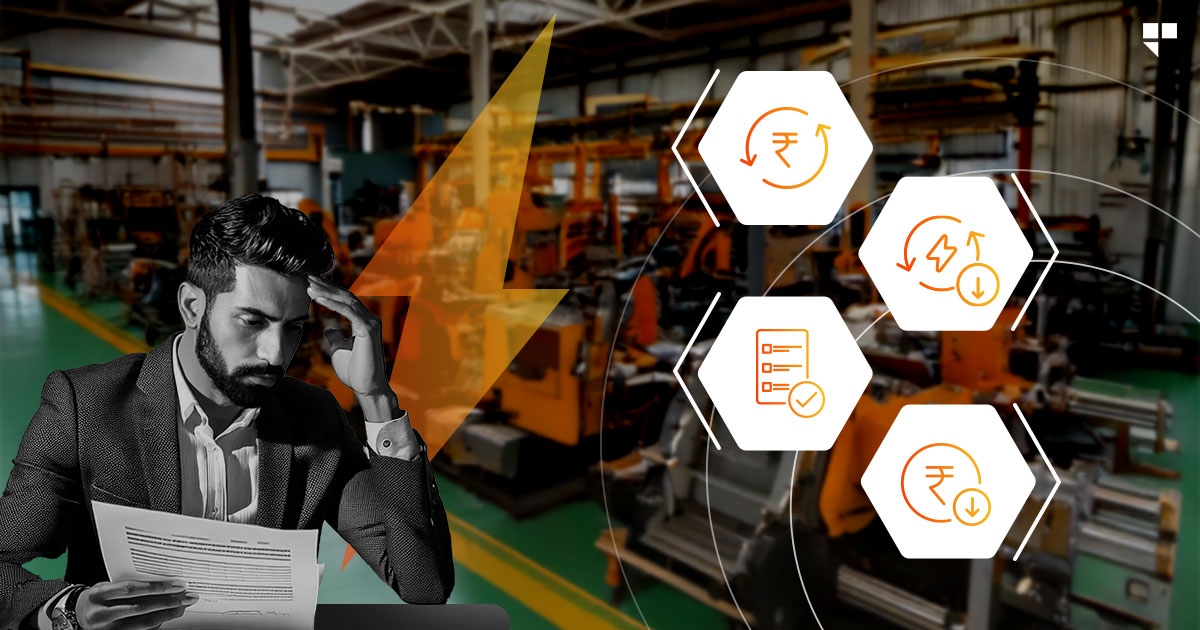
The definition of sustainability is evolving by the day, and in the context of business, it is no longer just about conserving electricity, saving water, and labeling yourself a sustainable business. Today, consumers are more mindful, thereby pushing for a greener retail industry.
Nearly 50% of consumers globally are choosing to buy from brands with a clear commitment to sustainable retail. With sustainability taking center stage, being a necessity, retail businesses are presented with the opportunity to make a difference. From small stores to major brands, retailers are rethinking their operations and striving to find more creative ways to cut waste, reduce carbon emissions, and ensure ethical sourcing.
Technology has been pivotal in helping retailers operate more sustainably. Technologies like IoT, AI, ML, and more have simplified planet-friendly operations. Retailers who leverage technology to run their operations achieve operational efficiency at lower costs.
In this blog, we will discuss the key areas in which retailers should leverage technology to incorporate sustainability. Keep reading!
Key Areas for Tech-powered Sustainability in the Retail Industry
With growing concerns over the depletion of the environment, sustainability has become a non-negotiable aspect of today’s retail industry. From pollution and waste to unethical labour conditions, traditional practices have proven to impact the environment significantly. Given that consumers are increasingly supporting businesses that prioritise the planet’s well-being, retailers who embrace sustainability in their operations will be able to build a loyal customer base.
With the importance of sustainability established, let’s look at some of the key areas with scope for retailers to incorporate sustainability and how technology can help them achieve this with ease.
Clean Energy Options
Clean energy is an excellent way to incorporate sustainability in the retail industry. Retailers can choose to use renewable energy sources and implement energy-efficient practices in their stores as it will help lower operational costs and also reduce their carbon footprint. Smart energy management solutions can help monitor energy usage, while data analytics and AI can help with energy consumption optimisation. Integrating Building Management Systems (BMS) can ensure predictive maintenance, resulting in uninterrupted, efficient operations.
Smart Inventory Management
Efficient inventory management can help bring down waste by leaps and bounds. Retailers should be looking at smart ways to manage their inventory. While traceability in the supply chain can help reduce inventory loss to a large extent, using technology and data analytics to analyse consumer behaviour and demand can help retail store owners plan and manage their inventory better and reduce product wastage.
Sustainable Packaging
Research suggests that retailers are one of the biggest customers of plastic packaging, representing 40% of global plastic usage. Working towards recyclable and reusable packaging can help retailers go a long way in achieving eco-friendly operations. One way technology can assist retail businesses in generating packaging designs that are eco-friendly and biodegradable. Furthermore, cutting-edge technologies like RFID, 3D printing, and more help with smart packaging that enables traceability and security of products. Technology brings to the table sustainability in packaging while also not compromising on product protection.
Supply Chain Sustainability
The retail supply chain contributes around 25% of the global greenhouse gas emissions. A sustainable supply chain helps achieve efficiency, transparency, and ethics in the flow of goods from the source to the consumer. Retail business owners can use AI, blockchain, and RFID technologies to ensure transparency and traceability in the supply chain. End-to-end monitoring of the supply chain can help retailers be aware of the source of their products, prevent inventory loss, and enhance overall efficiency.
Regular Audits and Reporting
For retail businesses with sustainability as one of their goals, it is important to stay on track. For this, carrying out regular sustainability audits is pivotal as they can help assess and analyse the business’s operations, resource consumption, policies, and more while identifying opportunities for optimising operations. Sustainability audits and reporting also help businesses stay up-to-date and comply with industry standards and regulations set by the government. Our IoT platform, AOne, helps keep tabs on resource consumption in real-time, while the AI-powered, unified platform consolidates data in one single place and helps businesses generate audit/sustainability reports in just a click.
The shift in consumer behaviour has left retailers with no choice but to embrace sustainable business practices. Adopting technology for a smooth transition is a game-changer, with innovations like AI, IoT, ML, and more paving the way for enhanced efficiency and reduced costs. With the right strategies coupled with technologies, retailers can incorporate sustainability into their operations with ease.
At Atsuya, we offer cutting-edge solutions that can help digitise your retail business. Our IoT and AI-based AOne platform can help you optimise your store operations and ensure sustainability and efficiency. For more details, get in touch with us at www.atsuyatech.com.




